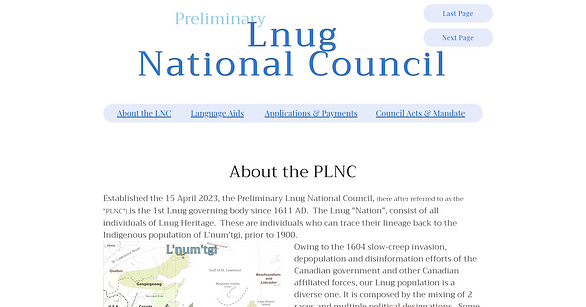top of page


-
Help organize the future of the Lnug Nation
-
Apply for citizenship
-
Meet our Council
-
Stargaze at the celebrities who carry Lnug stardom
-
Find that fire merch you've been looking for
-
Explore the history of the Lnug
-
Connect with our Traditions
Pjilasi - Welcome
Contact: The PLNC for all inquiries
PlnugNationalCouncil@proton.me
bottom of page
